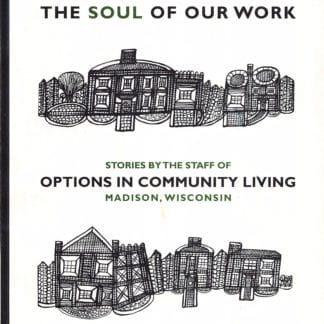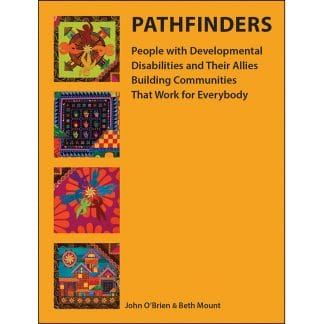Basic Tasks for Service Providers
John O’Brien
2010
Service providers who want to make a positive difference in the lives of the people they assist will commit themselves to continual improvement in their capacity to perform five basic tasks. These tasks are basic because each may be needed to assist a person to avoid slipping into social exclusion, to make the journey from the margins of disconnection from communi- ty or to move from a state of isolation inside a service setting shaped by a history of containment, control, protection and treatment.
Not every person will call on all of these capacities and fewer will require them as more people come to service providers as members of strong social networks and personal histories of participation in the life of communities that are consciously working to increase social inclusion.
These capacities are forms of assistance. They are done individually, with people and their allies not to them. As such, they describe the way service providers assist in the work that people with disabilities and their allies do to contribute to their communities.
None of these tasks can be reduced to bureaucratic routine because each depends on a relationship founded on respect for the dignity, capacity and responsibility of the particular citi- zen who chooses assistance in taking up a role as a contribu- tor in their community. The test of an organization is the skill that those who provide direct and regular assistance display in enacting these capacities in their day to day relationships.



